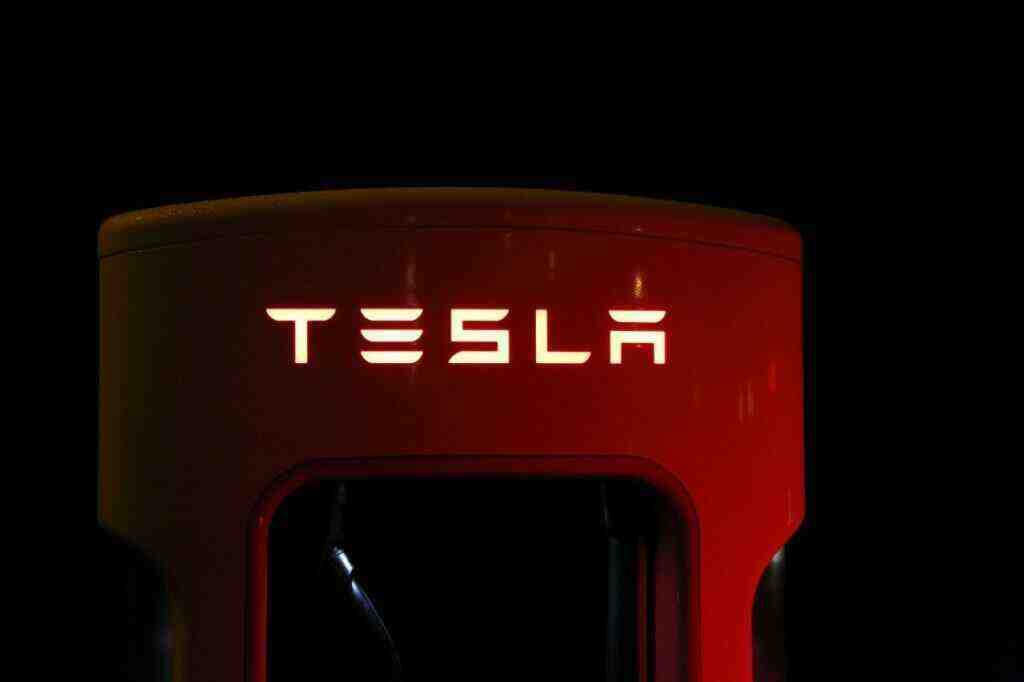Elon Musk’s Ambitious Computing Hardware Investment: AMD Chips and Project Dojo
In a bold move that signals Tesla’s unwavering commitment to AI innovation, CEO Elon Musk recently announced the company’s plans to invest heavily in computing hardware, including purchasing chips from Advanced Micro Devices (AMD). This strategic decision underscores Tesla’s dedication to developing cutting-edge AI capabilities, particularly in the realm of autonomous driving. Let’s delve into the details of this exciting development and its implications for the AI industry.
Tesla’s Computing Hardware Strategy: A Multi-Pronged Approach
Tesla’s investment in computing hardware reflects a multi-pronged strategy aimed at establishing a robust and diverse hardware ecosystem that supports the company’s AI initiatives. This approach involves utilizing both commercial hardware solutions and developing custom-built systems optimized for Tesla’s specific AI requirements.
Nvidia’s Dominance and Tesla’s Partnership
Nvidia, a leading player in the AI accelerator market, has been instrumental in Tesla’s AI journey thus far. Tesla’s vehicles currently employ Nvidia’s GPUs (graphics processing units) for AI tasks such as image recognition and decision-making. This partnership has played a crucial role in Tesla’s advancements in autonomous driving and other AI-powered features.
AMD’s Entry and Tesla’s Strategic Diversification
AMD’s entry into the AI accelerator market marks a significant development, offering Tesla an alternative to Nvidia’s dominant position. AMD’s MI300 lineup of AI accelerators promises superior performance and efficiency, potentially enhancing Tesla’s AI capabilities. This strategic move by Tesla diversifies its hardware supply chain, reducing reliance on a single vendor and fostering competition in the market.
Project Dojo: Tesla’s Custom Supercomputer for AI
Beyond its hardware partnerships, Tesla is embarking on an ambitious project known as Dojo. This project aims to develop a custom supercomputer specifically designed for AI training and inference. Tesla believes that by building its own supercomputer, it can optimize the hardware and software to meet the unique demands of its AI applications, resulting in enhanced performance and cost-effectiveness.
Tesla’s Dual-Path Approach: Commercial and Custom Hardware
Tesla’s approach to AI computing hardware is characterized by a dual-path strategy. The company will continue to utilize commercial hardware solutions, such as Nvidia and AMD chips, while simultaneously investing in the development of its Dojo supercomputer. This approach provides Tesla with the flexibility to leverage the strengths of both commercial and custom-built systems, mitigating risks associated with relying solely on a single vendor or technology.
Implications for the AI Industry: A Catalyst for Innovation
Tesla’s significant investment in computing hardware and its pursuit of Project Dojo send a clear message to the AI industry: Tesla is committed to pushing the boundaries of AI technology and developing innovative solutions to address the challenges of autonomous driving and other AI-powered applications. This move could potentially accelerate the adoption of AI across various industries, as Tesla’s success in AI could inspire other companies to follow suit.
Conclusion: Tesla’s AI Journey and the Future of Computing
Elon Musk’s decision to purchase chips from AMD and invest heavily in computing hardware underscores Tesla’s unwavering commitment to developing cutting-edge AI technologies. Tesla’s dual-path approach, utilizing both commercial hardware and its custom-built Dojo supercomputer, provides the company with a flexible and scalable infrastructure for its AI initiatives. As Tesla continues to push the boundaries of AI, its investments in computing hardware will play a crucial role in shaping the future of AI-powered products and services. The company’s bold move is a testament to its vision for a future where AI transforms industries and revolutionizes the way we interact with technology.
